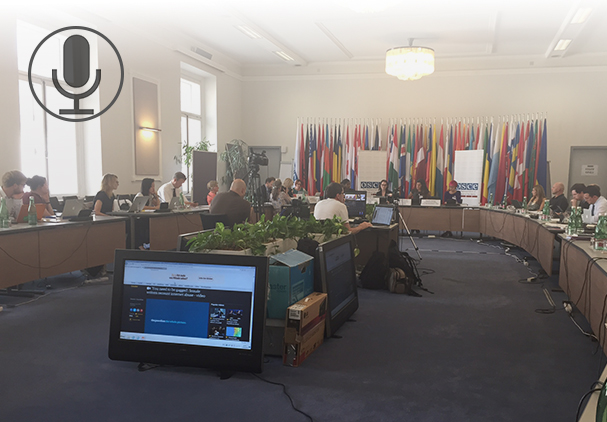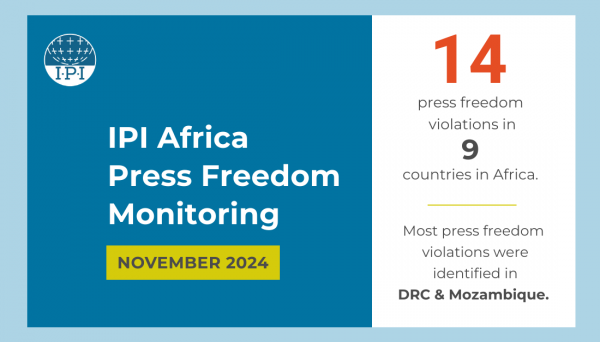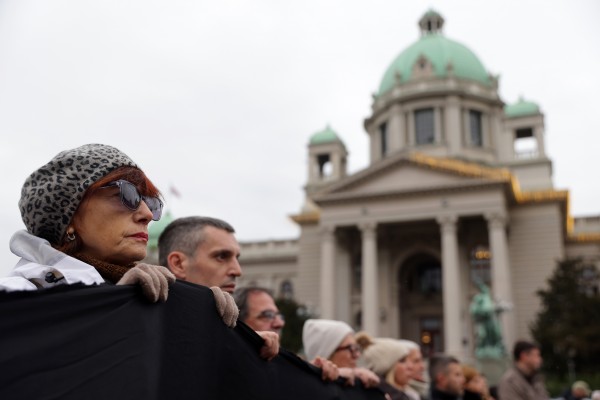Cyber attacks – either in the form of direct threats, verbal abuse through social media platforms, hacking or espionage – represent a growing concern for the journalistic community, as online platforms and tools are increasingly important for the profession.
The need to develop strategies to counter such attacks, in particular those that come in the form of gender-specific assaults against women journalists, was discussed at an expert meeting organised by OSCE Representative on Freedom of the Media Dunja Mijatovic, in Vienna on Sept. 17 titled “New challenges to Freedom of Expression: Countering Online Abuse to Female Journalists”.
The meeting brought together media experts, government representatives and policy makers, who highlighted the necessity to systematically collect and analyse data in order to obtain a clearer picture of the different aspects of the problem and put in place concrete policies and strategies to address it. Participants discussed the psychological impact of cyber-harassment and its chilling effect on journalists. They also stressed the role that governments, the private sector and media houses need to play, and what steps should be implemented to counter this kind of online abuse.
International Press Institute (IPI) Executive Director Barbara Trionfi, who spoke at the event, noted: “One of the core issues we must confront is the lack of a systematic collection of data on attacks that relate to the online context. Knowing the specific details of the problem is vital to developing a full understanding of its dimension and strategies to combat it. That’s one of the main purposes of IPI’s ‘Ontheline’ project, which aims, among other goals, to map attacks against journalists that come through digital means; to provide legal and technical support, whenever possible; and to collect information about effective strategies to address them.”
As part of the meeting, IPI interviewed four experts from four different disciplines who were present to highlight some of the topics discussed at the one-day event: Arzu Geybullayeva, Freelance Journalist, Flying Carpets and Broken Pipelines, Turkey; Gavin Rees, Executive Director, Dart Centre Europe, UK; Brittany Smith, EU Public Policy and Government Relations Analyst, Google, UK; Aina Landsverk Hagen, Senior Researcher, Work Research Institute, Norway.



